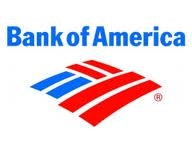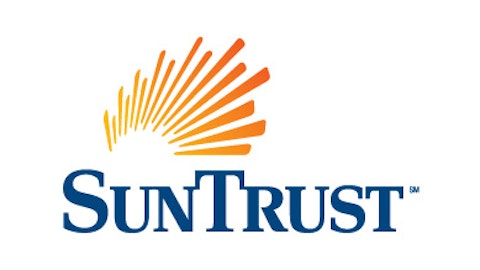Language can have its share of tragedy in human psychology, and in today’s highly politicized environment, that’s getting worse than ever. A perfectly simple word can get tied to a topic that immediately and unreasonably splits opinions and shuts down reasonable discussion and assessment right then and there.
Take the word “sustainable.” According to Merriam-Webster, this adjective means:
- Capable of being sustained
- a: of, relating to, or being a method of harvesting or using a resource so that the resource is not depleted or permanently damaged
b: of or relating to a lifestyle involving the use of sustainable methods
The core word “sustain” has many definitions, all positive: “to give support and relief to,” “to supply with sustenance,” “keep up, prolong”… Merriam-Webster has eight definitions of this word, all of which relate to concepts like nourishment, support, legal proof, and even hope.
Try using the word “sustainability” in the business and investing sense, though, and many people will immediately have a negative reaction. This reaction is illogical. The word can relate to conserving resources that businesses rely on (and resource supply and scarcity does affect investment returns). It can also boost efficiency and cost savings. These are both pretty simple, common-sense economic principles.
The politicization and negative connotations of the word sustainability cause some to miss the big picture. Let’s reject language hijacking for political purposes and open our minds to sustainability as a very positive concept for business, economies, and people.
Brown delivers green
Whether it’s publicized or not, many major companies are already pretty deep into saving resources while reducing costs. United Parcel Service, Inc. (NYSE:UPS) has recently released its 2012 sustainability report. Despite the fact that Big Brown delivered more packages, it actually reduced its greenhouse gas emissions. Some of the ways it did so are ridiculously simple. It reduced ground travel by 12.1 million miles simply by rethinking driving routes. This resulted in saving about 1.3 gallons of fuel, too.
The delivery giant has also upped the ante. In four years’ time, United Parcel Service, Inc. (NYSE:UPS) vows to reach 1 billion miles using alternative energy and technologically advanced vehicles. That well exceeds its previous goal of 400 million miles.
Back to the future
There are plenty of examples of simple solutions to a lot of the waste in our use of resources, some of them scant.
CNNMoney reported yesterday that some New York companies are using a simple, natural way to supplement cooling costs — not to mention drains on the grid. It’s ridiculously obvious: ice. A discussion board conversation with members of our Foolish community emphasized the fact that the concept isn’t even a new one. Ancient Romans used cool water in their aqueduct system to beat the heat.

The entities using “thermal storage,” which utilizes ice cooling tanks that freeze and melt on a daily basis, aren’t fly-by-night or tiny companies. Goldman Sachs, Bank of America Corp (NYSE:BAC), and Morgan Stanley are among the companies utilizing this method of supplementing air conditioning energy.
CNNMoney spoke to an executive from thermal storage equipment company Calmac, who said that this particular back-to-the-future solution can cut energy costs by up to 40% in commercial buildings. Meanwhile, it not only cuts costs, but it reduces strain on the grid and reduces emissions.
Most companies that actually make the equipment are privately held, although Ingersoll-Rand PLC (NYSE:IR) subsidiary Trane is in on this well-kept secret in reducing A/C-related energy consumption and produces such units. Ingersoll-Rand PLC (NYSE:IR)’s climate solutions segment, which includes energy-efficient refrigeration and HVAC products and includes Trane and Thermo-King, brought in $7.4 billion in revenue according to the company’s most recent 10-K. That’s not chump change.




